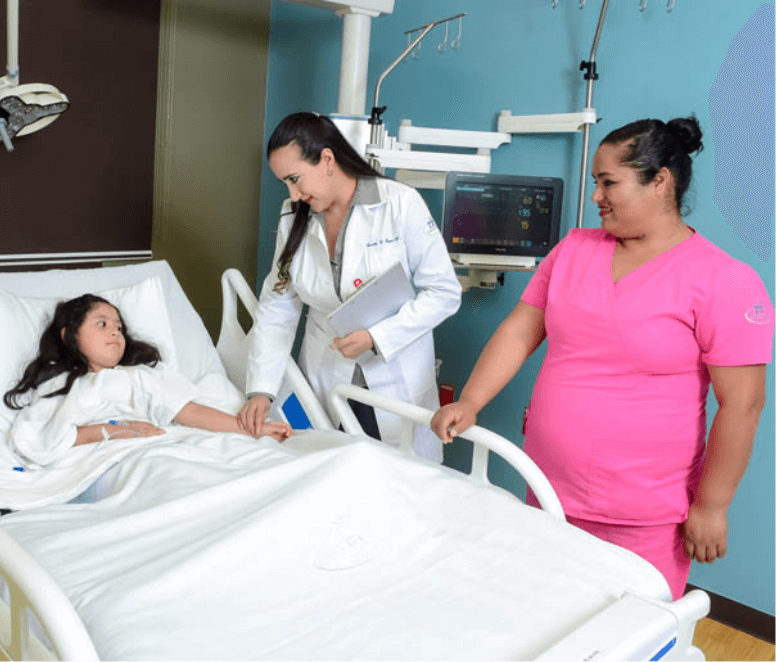
Why choose the Pediatric Cardiology Center for your child's surgery?
The Pediatric Heart Center (PHC) has two highly trained pediatric cardiovascular surgeons to surgically treat any congenital or acquired heart disease. The 20 years of experience in these diseases’ care, initially at the National Institute of Pediatrics and, subsequently, since 2012 with the creation of our unit at the ABC Medical Center and the constant academic and healthcare exchange with Texas Children’s Hospital, have allowed the surgical group to be the leader in this field in Mexico. With global mortality below 3% since the creation of the PHC, our results are comparable to those of the best centers in the world. Schedule an appointment with a pediatric cardiologist at the ABC–Kardias Pediatric Heart Center.

What is pediatric cardiovascular surgery?
Pediatric cardiovascular surgery consists of performing procedures that correct malformations of the heart structure present at birth, that cause alterations in its functioning.
The medical-surgical team treats heart defects of any degree of complexity in newborns, preschoolers, children in elementary school, and adolescents. Compared to adult surgery, heart repair in children represents an additional challenge. It requires specific and highly specialized training, and the use of very particular techniques, with cutting-edge technology.
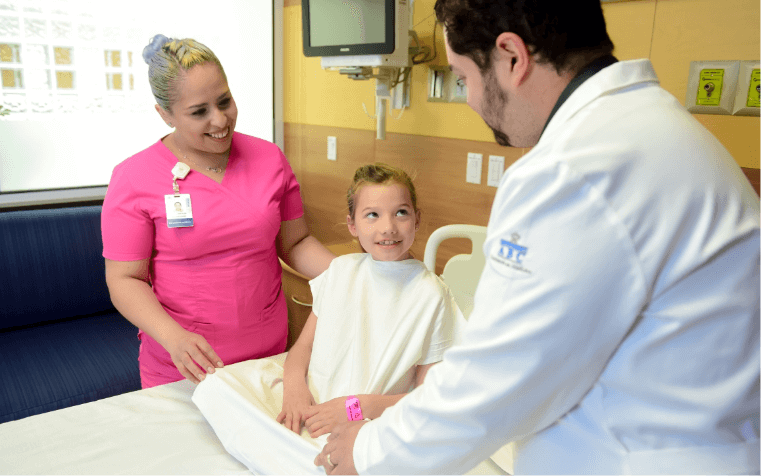
Surgery at the right time
Many cardiac malformations, although they do not have to be operated on in the neonatal stage, require early surgery. At the PHC, our patients’ surgery is performed promptly and following the appropriate guidelines for the care of these diseases. Schedule an appointment with a pediatric cardiovascular surgeon at the ABC-Kardias Pediatric Heart Center.
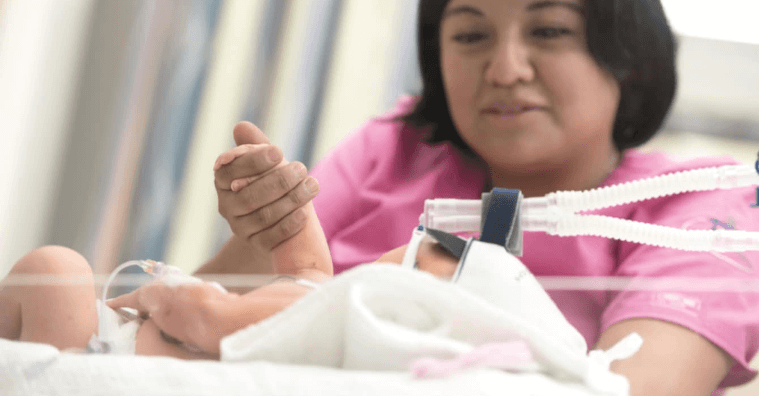


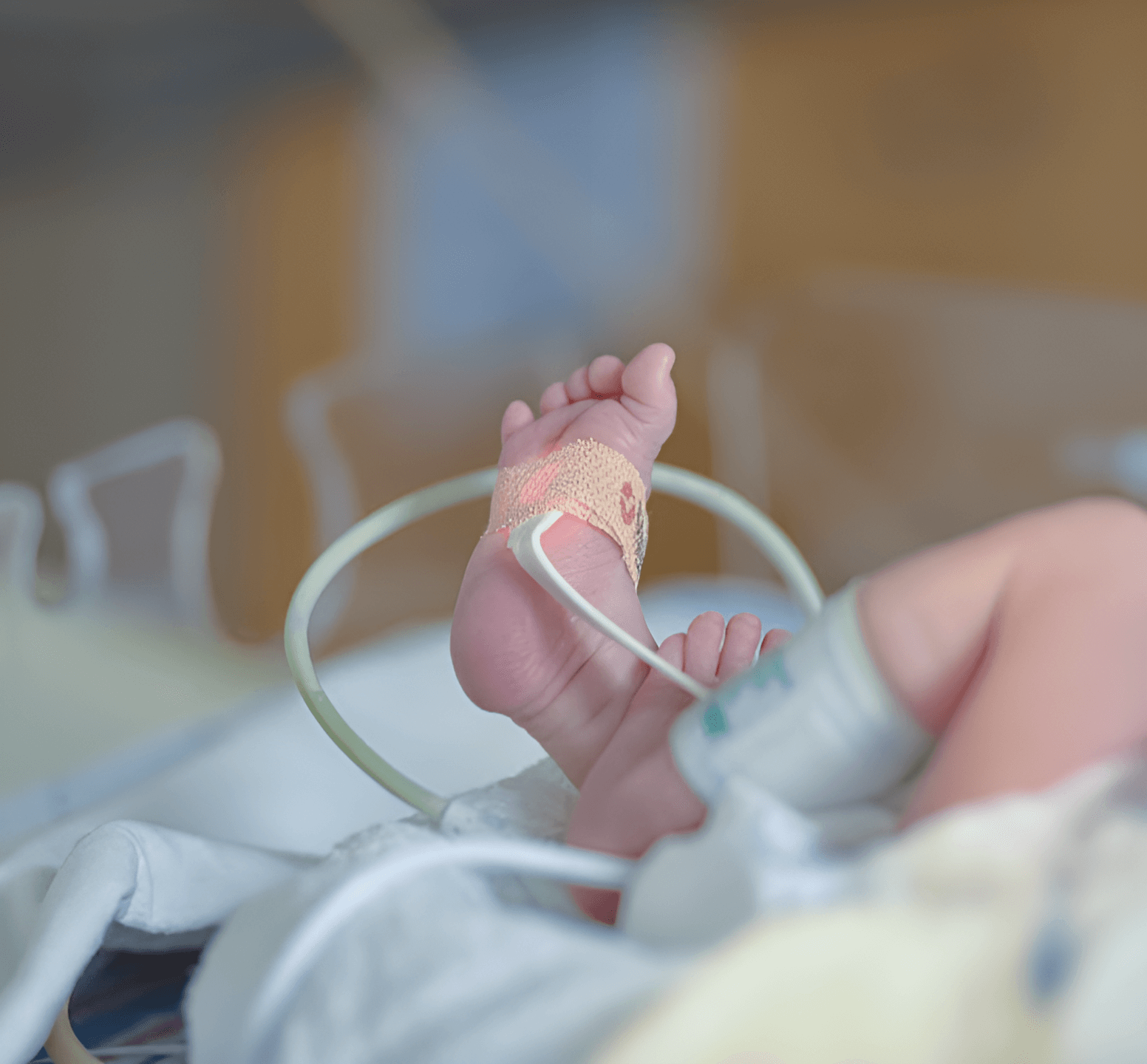
Neonatal surgery
Currently, about 30% of congenital heart malformations must be treated surgically during the first month of life.
Aware of our capacity to care for neonatal patients, including those with the most complex malformations or very low weight, we have made an effort to capture patient referrals early, even prenatally, to offer them the best life expectancy.
Our surgical team was a pioneer in Mexico for the successful treatment of hypoplastic left heart syndrome with the Norwood procedure, in addition to having vast experience in the management of other diseases such as transposition of the great arteries, coarctation of the aorta with aortic arch hypoplasia, interruption of the aortic arch, anomalous connection of the pulmonary veins, and many other diseases that ideally require early surgery.

Surgery in patients with “univentricular heart”
Approximately 10% of congenital heart malformations’ main characteristic is that the heart, instead of having two ventricles that are responsible for sending blood to the lungs and the body respectively, has only one.
These hearts, collectively called “univentricular” hearts, represent a group of diseases for which it is necessary to establish surgical treatment, which requires several surgeries during the first years of life, as well as close and specialized medical follow-up.
Our surgical team’s experience in this area is very extensive and has allowed us to offer these patients the best possible quality of life.
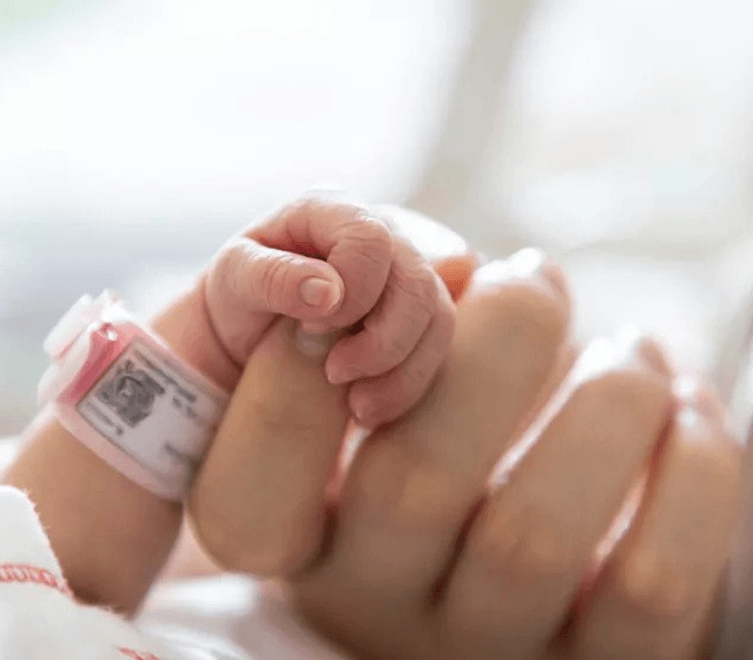

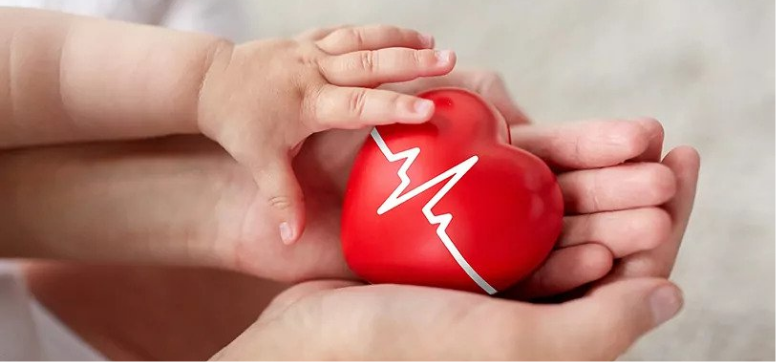
Minimally invasive surgery
There is a group of patients with certain characteristics (cardiac malformation, age, and weight) that allow correction through an incision in the right armpit. This results in a scar under the arm as opposed to the traditional incision, which leaves a scar on the front of the chest. Schedule an appointment with a pediatric cardiovascular surgeon at the ABC-Kardias Pediatric Heart Center.

Cardiovascular anesthesiology and pediatric extracorporeal circulation
The pediatric cardiovascular anesthesiologist is a specialist who requires several years of training to care for patients with congenital heart disease from the neonatal stage (hours of birth) to adolescence. However, it must also optimally manage adult patients with congenital heart disease.
They have multidisciplinary training to care for people who will undergo not only surgery but also electrophysiological procedures, cardiac catheterizations, cardiological (transesophageal echocardiography), and diagnostic imaging (CT scan or MRI).
Must have extensive knowledge of pediatric extracorporeal technology (cardiopulmonary bypass machine, ECMO, among others), and must also have extensive knowledge of non-cardiac surgery in patients who still have congenital heart disease or when a partial or total correction has already been performed and requires any other type of surgery (e.g.: abdomen, trauma, orthopedics, etc.). All our specialists have had extensive training in pediatric cardiovascular anesthesia, and even have had training abroad.
Pediatric extracorporeal circulation technology helps perform highly complex procedures. Our team has personnel trained in maintaining all vital organs in an optimal state during heart surgery, especially pediatric ones. The specialists have experience in managing very small patients (newborns) and also have experience in other extracorporeal technologies in children such as extracorporeal membrane oxygenation (ECMO) or ventricular support. The surgery (or cardiology, interventionism, intensive care, or imaging) – anesthesia – perfusion triangle interacts very closely for our patient’s benefit.
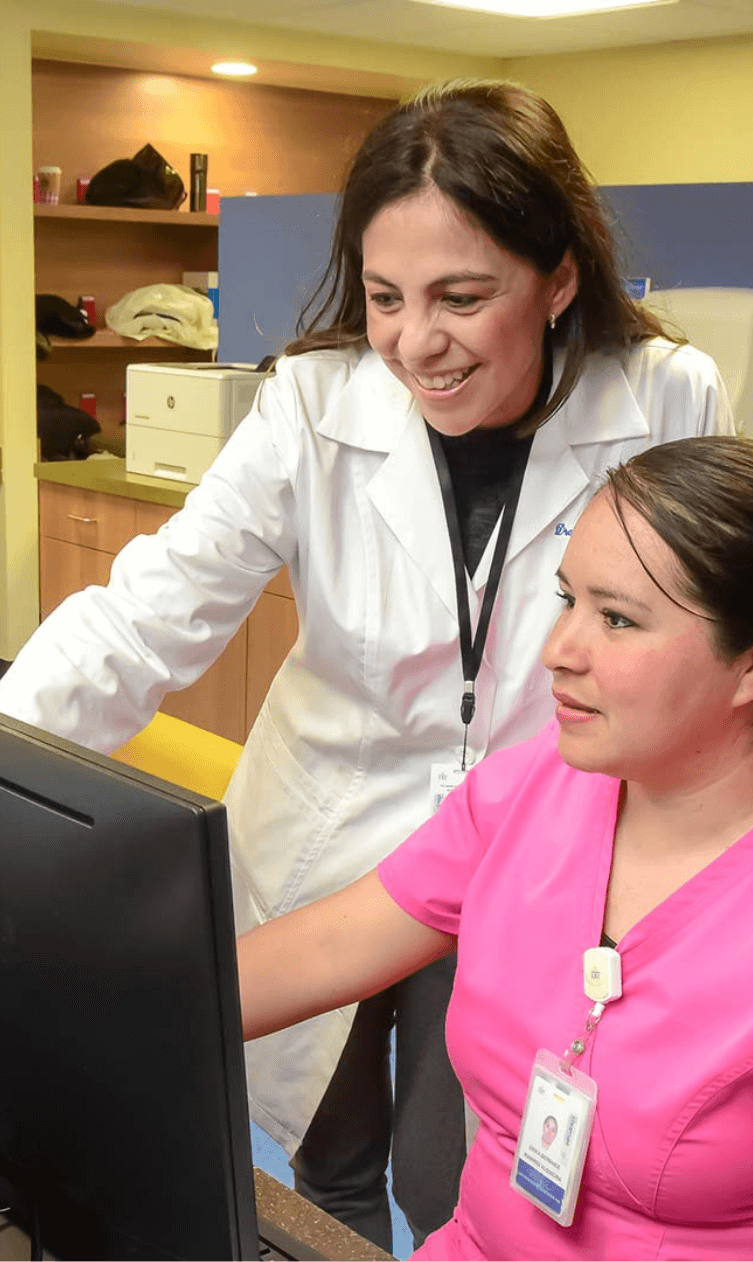


Patients and Families
At the Pediatric Heart Center, we care about the entire family’s well-being. A heart disease diagnosis is not an easy matter to handle emotionally and changes the lives of all members, not just the patient. Both doctors and families face challenges, uncertainty, losses, and unexpected discoveries and rewards. To face these challenges we offer psychological and psychotherapeutic support, a surgical liaison between family members and the operating room for the duration of the surgery, advice on rehabilitation after surgery and integration into school life, thanatological support, and neurodevelopment evaluation.
We have a special room where parents can sleep and bathe in the hospital, knowing that everyone there is free of COVID-19, without any risk of infection, neither for adults nor for patients who are hospitalized, thanks to the strict laboratory control and health protocols performed before entering the hospital. This facility also prevents the family from having to spend money on lodging and putting themselves at risk by staying in a hotel and having to travel daily to the ABC Medical Center. Family members are allowed to stay in intermediate care 24 hours a day; in intensive care, there is a visiting period in the morning and another in the afternoon, which can be extended depending on the patient’s evolution until they move on to intermediate care.
Our attention is focused on the family because it is where the child develops and from where they can grow happily and adapt to their environment, it is their main safety source.
Where to Find Us
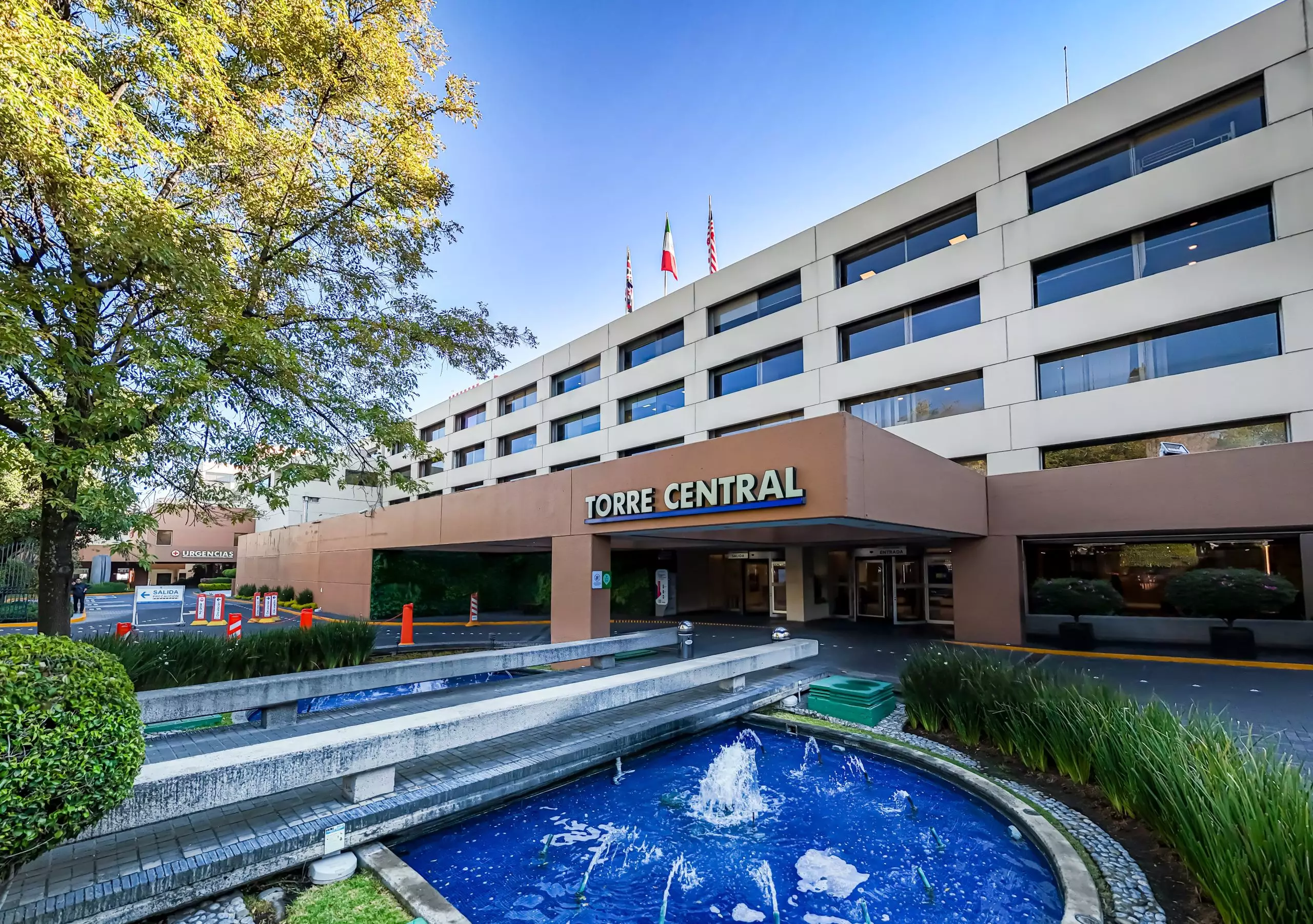
Campus Observatorio
Sur 136 No. 116, Col. Las Américas, Álvaro Obregón, 01120, Cd. de México.
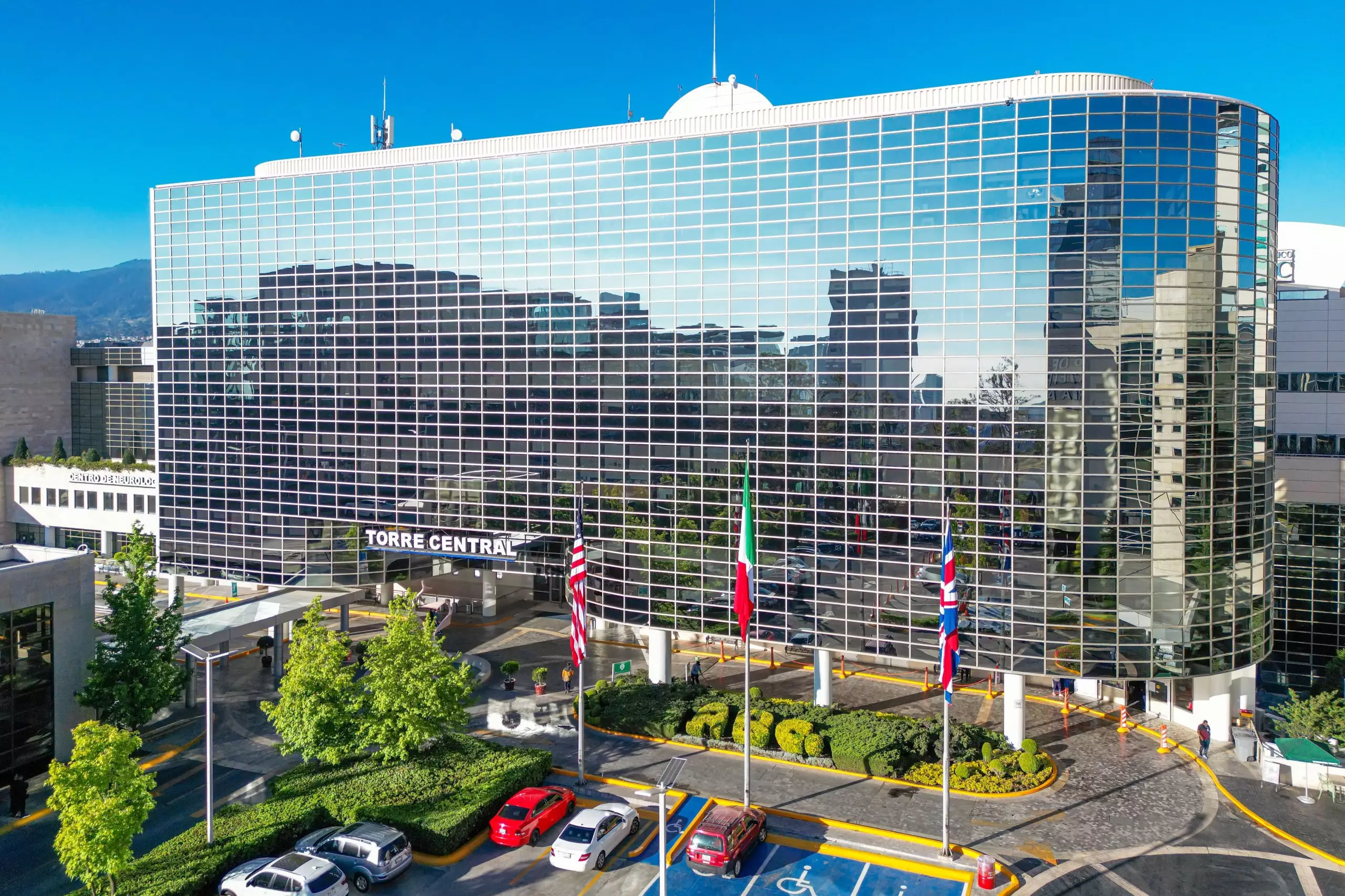
Campus Santa Fe
Av. Carlos Graef Fernández 154, Col. Santa Fe, Cuajimalpa, 05300, Cd. de México.


